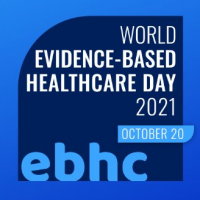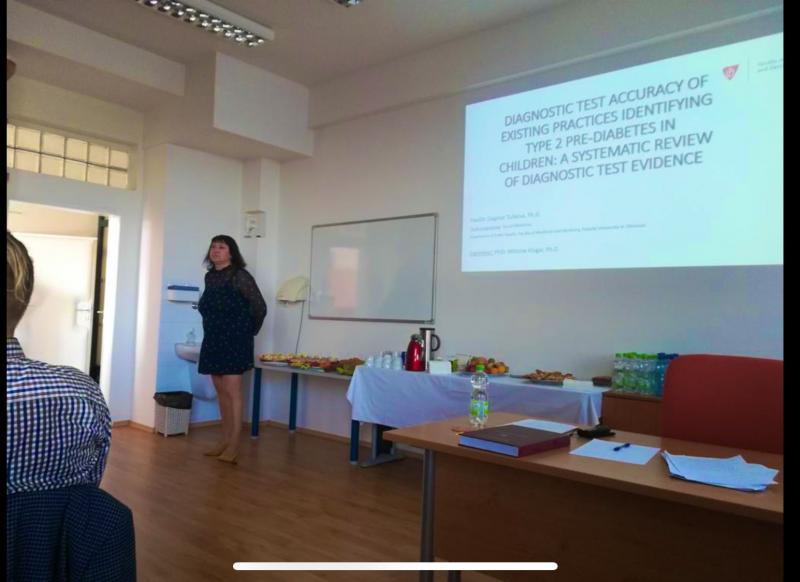
Happy World Evidence-Based Healthcare Day!
World Evidence-Based Healthcare (EBHC) Day is held on 20 October each year. It is a global initiative that raises awareness of the need for better evidence to inform healthcare policy, practice, and decision-making in order to improve health outcomes globally. It is an opportunity to participate in a debate about global trends and challenges, but also to celebrate the impact of individuals and organizations worldwide, recognizing the work of dedicated researchers, policymakers, and health professionals in improving health outcomes.
In 2021, the campaign for WorldEBHCDay supports the infodemic management efforts of the World Health Organization by exploring the role of evidence in an infodemic, in particular promoting access to trustworthy, evidence-informed health information. Through the sharing of experiences, research and ideas, the global evidence community can highlight the role of evidence in infodemic management, in particular promoting access to evidence-based information, and contribute to a global response to the infodemic. More can be found here: https://worldebhcday.org.
Read the blog by our Czech National Centre for Evidence-Based Healthcare and Knowledge Translation (CEBHC-KT), which is an umbrella institution for three international evidence-based centres, about the preparation of the first Czech guideline for the management of COVID-19 at https://1url.cz/FKdw2
and the blog https://1url.cz/PKjy9 about the international project of COVID-19 Vaccines Safety Tracking (CoVaST) – Global Consortium that fights against vaccine hesitancy and disinformation that abounds and disseminates reliable data on vaccine safety.
There are 40 blogs from 20+ countries that highlight the global evidence community’s experiences, expertise, ideas and collective wisdom on infodemic management at worldebhcday.org/blog.


